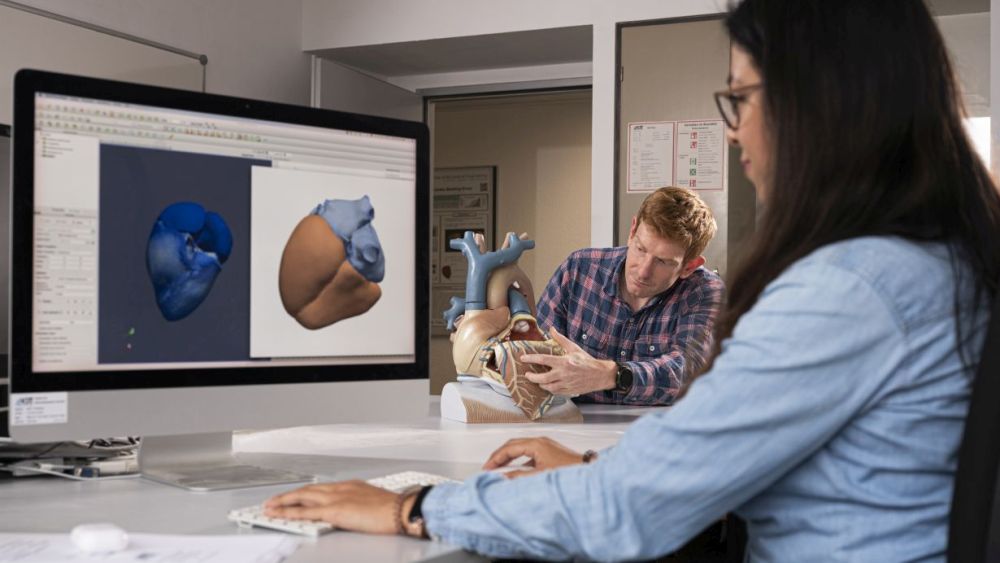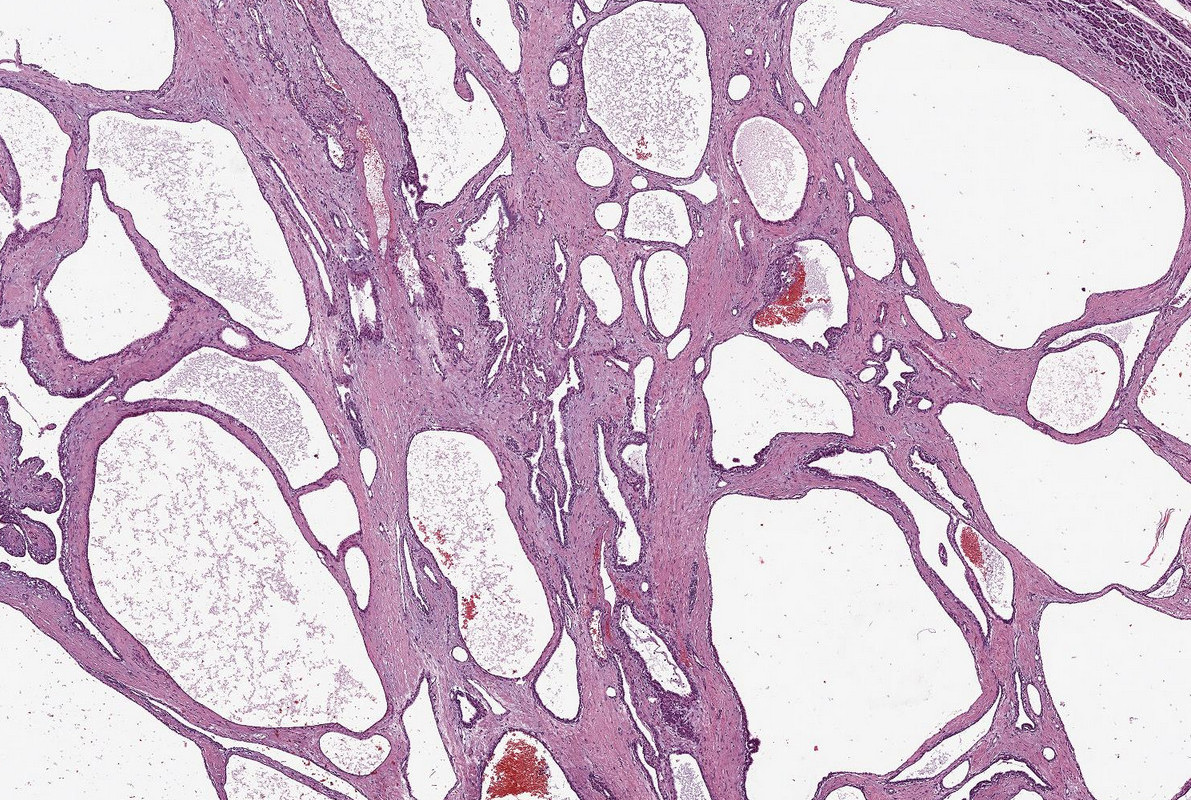Health
The future of medicine is individualized, precise, and digital. At KIT, scientists from various disciplines are conducting research into advanced healthcare solutions for an increasingly aging society. From computer models for predicting heart disease to nanoparticles and novel accelerator systems for cancer therapy, to organ structures from 3D printers and smart wearables: Health research at KIT aims to improve diagnosis and therapy and promote healthy living.
From basic research to transfer into application, KIT conducts excellent research in the overarching fields of technology for precision medicine, comprehensive, holistic, and individualized patient care, and digital health.
Emerging Field
Health Technologies
![]()
With our Emerging Field Health Technologies, we are driving the digital transformation in medical engineering, health technologies, personalized medicine, and patient care. Our overarching ambition is to develop innovative solutions that effectively address global health challenges, contribute to a more resilient, autonomous, and inclusive healthcare system, and to support holistic, preventative, and curative approaches to care.
In response to the growing need for individualized healthcare enabled by digital technologies, we bundle our expertise in electrical and mechanical engineering, computer science, materials science, and natural sciences. This interdisciplinary approach empowers us to move beyond traditional healthcare settings and toward intelligent, connected health solutions.
Our research spans a wide range of cutting-edge developments, including novel nano-electronic based (micro)implants and wearable devices that enable autonomous health monitoring and theranostic applications. These smart systems are designed to operate seamlessly within the human body or in everyday environments, enabling real-time data collection, personalized treatment, and continuous health management.
Digital Twins of the Heart
The goal of the KIT working group “Computational Models of the Heart” is to realistically simulate heart functions in a computer model, thereby contributing to improved diagnosis and therapy. Using mathematical equations and artificial intelligence, the researchers map the various functions of the heart and create digital twins of the heart for patients. This innovative approach enables individualized treatment approaches – the future of medicine.
Miniaturized Particle Accelerators for Radiation Therapy
Researchers at KIT are working on tiny electron accelerators that will irradiate tumors directly in the body—precisely and with minimal damage to surrounding tissue. Using high-intensity laser light, electrons are catapulted to the speed of light over a very short distance and directed straight at the tumor to destroy it. With this light-driven mechanism, the size of an electron accelerator could be reduced by more than 1,000 times, from currently about one meter to less than one millimeter. This could make cancer treatment more precise, affordable, and globally accessible in the future.
Organs from the Printer
Scientists at KIT are working on the vision of tailor-made transplant organs from the printer. Using 3D bioprinting technologies, functional heart valves are created from the patient's own cells – produced layer by layer in 3D printing and capable of growth. This prevents rejection reactions, reduces additional operations in children, and, in the medium term, will also enable entire organs to be printed. The technology also opens up new avenues for personalized drug testing and reduces the need for animal testing.
.
KARE – Karlsruhe Region of Health Technologies
The KARE project has set itself the goal of bringing research, healthcare, and society closer together to form the “Karlsruhe Region for Health Technologies.” Through unique interaction with patients, citizens, physicians, and clinics in the region, innovative health solutions will be developed.
KARE aims to strengthen trust in digital health applications and promote their responsible use. Through exchange between research, industry, and healthcare, as well as secure data handling, digital applications are to be transferred into standard care. The aim is to create a unique ecosystem for forward-looking health research in Karlsruhe.
.



